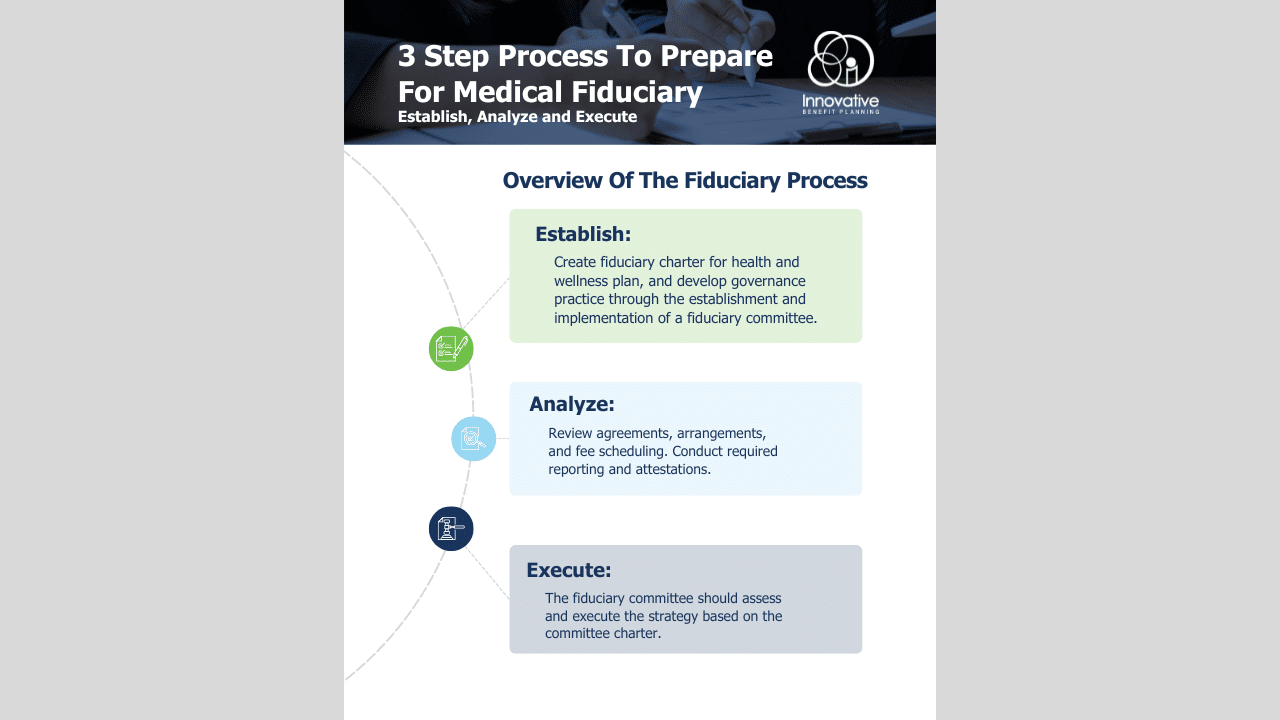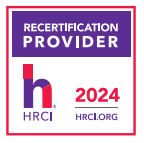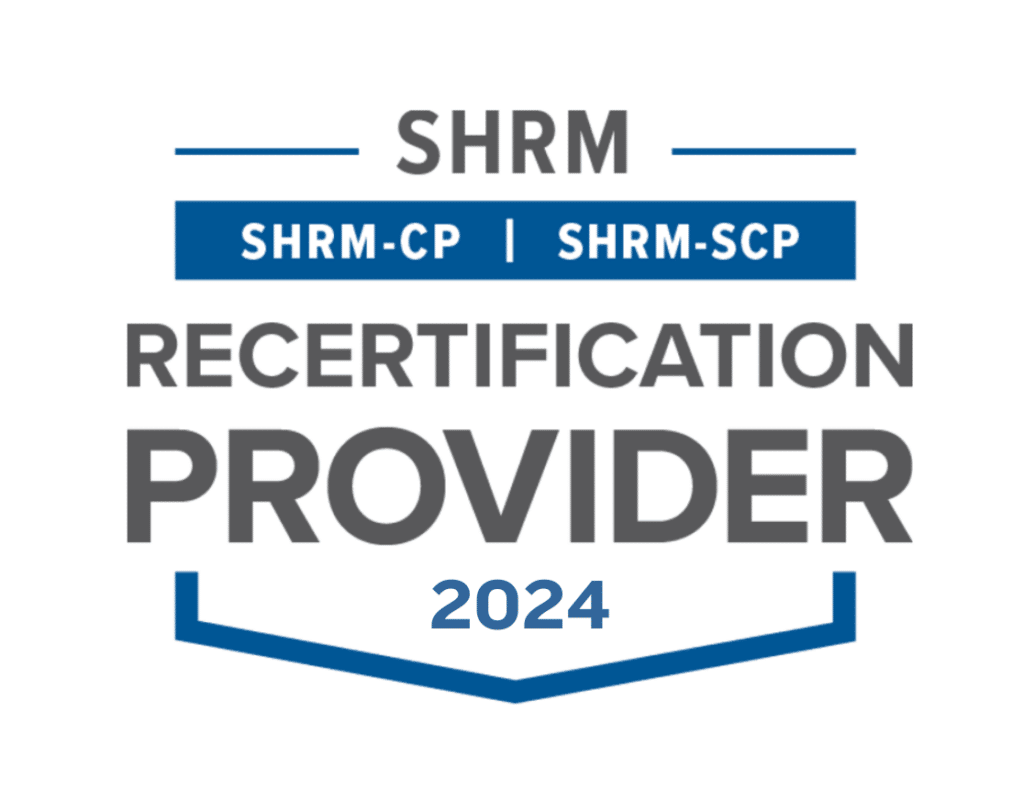February had relatively little activity in the employee benefits world because a new Secretary of the Department of Health and Humans (HHS) was recently confirmed and HHS started its rulemaking under the new administration.
On February 10, 2017, the U.S. Senate confirmed Rep. Tom Price as the new Secretary of HHS, who has a budget of more than $1 trillion, the largest budget of any Cabinet secretary. HHS administers the Patient Protection and Affordable Care Act (ACA), Medicare, and Medicaid, and oversees other programs and agencies.
The Centers for Medicare & Medicaid Services (CMS) extended its transitional policy for non-grandfathered coverage in the small group and individual health insurance markets. The Internal Revenue Service (IRS) delayed the deadline for small employers to provide its initial written notices to employees regarding Qualified Small Employer Health Reimbursement Arrangements (QSE HRAs). CMS proposed a rule on ACA market stabilization.
HHS issued its Annual Civil Monetary Penalties Inflation Adjustment to reflect required inflation-related increases to the civil monetary penalties in its regulations. The IRS released a letter that discusses retroactive Medicare coverage’s effect on HSA contributions. Also, the IRS announced that it will not automatically reject individual tax returns when the taxpayer failed to indicate continuous coverage, failed to claim an exemption from the individual mandate, or failed to pay the penalty.
UBA Updates
UBA released three new advisors in February:
- CMS’ Proposed Rule on ACA Market Stabilization
- Medicare Part D: Creditable Coverage Disclosures
- Health Insurance Marketplace Notice and OMB Expiration Date
UBA updated existing guidance:
CMS Allows States to Extend Life of “Grandmothered” or Transitional Health Insurance Policies
On February 23, 2017, the Department of Health and Human Services’ Centers for Medicare & Medicaid Services (CMS) released its Insurance Standards Bulletin Series, in which it re-extended its transitional policy for non-grandfathered coverage in the small group and individual health insurance markets.
States may permit issuers that have renewed policies under the transitional policy continually since 2014 to renew such coverage for a policy year starting on or before October 1, 2018; however, any policies renewed under this transitional policy must not extend past December 31, 2018.
If permitted by applicable state authorities, health insurance issuers may choose to continue certain coverage that would otherwise be cancelled, and affected individuals and small businesses may choose to re-enroll in such coverage.
As background, CMS’ transitional policy was first announced in November 14, 2013; CMS had most recently extended the transitional policy on February 29, 2016, for an additional year for policy years beginning on or before October 1, 2017, provided that all policies end by December 31, 2017.
Policies subject to the transitional relief are not considered to be out of compliance with the ACA’s single risk pool requirement or the following Public Health Service Act (PHS Act) provisions:
- Section 2701 – relating to fair health insurance premiums
- Section 2702 – relating to guaranteed availability of coverage
- Section 2703 – relating to guaranteed renewability of coverage
- Section 2704 – relating to the prohibition of pre-existing condition exclusions or other discrimination based on health status, with respect to adults, except with respect to group coverage
- Section 2705 – relating to the prohibition of discrimination against individual participants and beneficiaries based on health status, except with respect to group coverage
- Section 2706 – relating to non-discrimination in health care
- Section 2707 – relating to comprehensive health insurance coverage
- Section 2709 – relating to coverage for individuals participating in approved clinical trials
However, issuers can choose to adopt some of or all these provisions in their renewed policies.
IRS Delays Initial Notice Requirements for QSE HRAs
Under the 21st Century Cures Act, small employers that want to reimburse individual health coverage premiums through HRAs called “Qualified Small Employer Health Reimbursement Arrangements” (QSE HRAs) must provide annual written notice to all eligible employees no later than 90 days before the beginning of the benefit year.
On February 27, 2017, the Internal Revenue Service (IRS) issued Notice 2017-20 that delays the initial written notice deadline. The Department of the Treasury and the IRS intend to issue guidance to provide employers with additional time to furnish the initial notice to employees; the extended deadline will be no earlier than 90 days following the issuance of future guidance. Further, no penalties will be imposed for failure to provide the initial notice before the extended deadline.
Read more about the extended deadline.
CMS’ Proposed Rule on ACA Market Stabilization
On February 17, 2017, the Department of Health and Human Services’ Centers for Medicare & Medicaid Services (CMS) issued a proposed rule to stabilize the health insurance market and address risks to the individual and small group markets. CMS proposes changes to guaranteed availability of coverage, network adequacy, essential community providers, open enrollment periods, special enrollment periods, continuous coverage, and standards for the Exchanges.
The proposed changes primarily affect the individual market. However, to the extent that employers have fully-insured plans, some of the proposed changes will affect those employers’ plans because the changes affect standards that apply to issuers.
Public comments are due by March 7, 2017.
Read more about the proposed rule.
HHS Civil Monetary Penalties Increase
On February 3, 2017, the Department of Health and Human Services (HHS) issued its Annual Civil Monetary Penalties Inflation Adjustment to reflect required inflation-related increases to the civil monetary penalties in its regulations. Here are some of the adjustments:
- Medical Loss Ratio report and rebating: The maximum penalty increases to $111 per day, per individual affected by the violation.
- Summary of Benefits and Coverage: For failure to provide, the maximum penalty increases to $1,105 per failure.
- HIPAA: The penalty range increases to a minimum penalty of $112 up to a maximum of $55,910 per violation, and the maximum penalty for all violations of an identical requirement in a calendar year increases to $1,677,299.
Most adjustments are effective for penalties assessed after February 3, 2017, for violations occurring after November 2, 2015. The HIPAA penalty adjustments are effective for penalties assessed after February 3, 2017, for violations occurring on or after February 18, 2009.
IRS Letter Regarding the Retroactive Medicare Coverage Effect on HSA Contributions
The Internal Revenue Service (IRS) recently released a letter regarding retroactive Medicare coverage and health savings account (HSA) contributions.
As background, Medicare Part A coverage begins the month an individual turns age 65, provided the individual files an application for Medicare Part A (or for Social Security or Railroad Retirement Board benefits) within six months of the month in which the individual turns age 65. If the individual files an application more than six months after turning age 65, Medicare Part A coverage will be retroactive for six months.
Individuals who delayed applying for Medicare and were later covered by Medicare retroactively to the month they turned 65 (or six months, if later) cannot make contributions to the HSA for the period of retroactive coverage. There are no exceptions to this rule.
However, if they contributed to an HSA during the months that were retroactively covered by Medicare and, as a result, had contributions in excess of the annual limitation, they may withdraw the excess contributions (and any net income attributable to the excess contribution) from the HSA.
They can make the withdrawal without penalty if they do so by the due date for the return (with extensions). Further, an individual generally may withdraw amounts from an HSA after reaching Medicare eligibility age without penalty. (However, the individual must include both types of withdrawals in income for federal tax purposes to the extent the amounts were previously excluded from taxable income.)
If an excess contribution is not withdrawn by the due date of the federal tax return for the taxable year, it is subject to an excise tax under the Internal Revenue Code. This tax is intended to recapture the benefits of any tax-free earning on the excess contribution.
Individual Mandate — IRS Will Not Reject Silent Returns
For 2016 returns, the Internal Revenue Service (IRS) intended to reject electronically filed “silent returns,” when the taxpayer failed to indicate continuous coverage on Line 61, failed to file a Form 8965 to claim an exemption from the individual mandate, or failed to pay the penalty.
On February 15, 2017, the IRS issued a statement that it would change course and process silent returns. This means that returns without a completed Line 61 will not be systemically rejected by the IRS at the time of filing. The IRS determined that allowing returns to be accepted for processing — when a taxpayer doesn’t indicate health insurance coverage status — is consistent with the January 20, 2017, Executive Order directing federal agencies to exercise authority and discretion to reduce potential burden under the ACA.
Per the IRS, the ACA’s provisions are still in force until changed by Congress; further, taxpayers remain required to follow the law and pay what they may owe. The IRS indicates that if it has questions about a return, it will follow up with correspondence and questions to taxpayers at a future date, after the filing process is complete.
Please be aware that this change in IRS policy for individual filers does not affect employer reporting.
Question of the Month
- As an employer, how do I request an extension for filing Forms 1094-C and 1095-C?
- An automatic 30-day extension is available through the IRS. If an employer wants an extension for filing Forms 1094-C and 1095-C, then it should file Form 8809 with the IRS before the deadline.
The deadline for paper filing of Forms 1094-C and 1095-C was February 28, 2017. The deadline for electronic filing of Forms 1094-C and 1095-C is March 31, 2017. The automatic 30-day extension is only available if the employer files its Form 8809 before the applicable Form 1094-C / Form 1095-C filing deadline.
The UBA Compliance Advisors help you to stay up to date on regulatory changes to help simplify your job and mitigate compliance risk.
This information is general and is provided for educational purposes only. It reflects UBA’s understanding of the available guidance as of the date shown and is subject to change. It is not intended to provide legal advice. You should not act on this information without consulting legal counsel or other knowledgeable advisors.![]()












